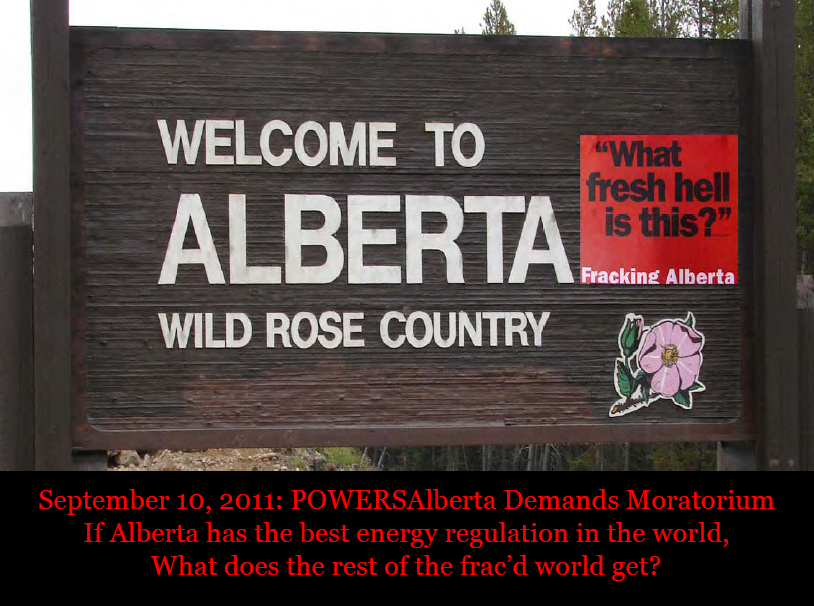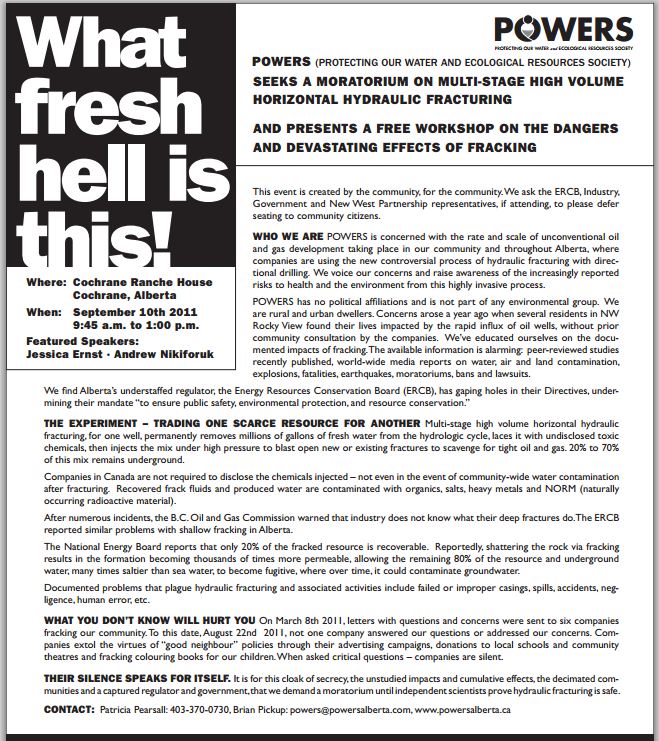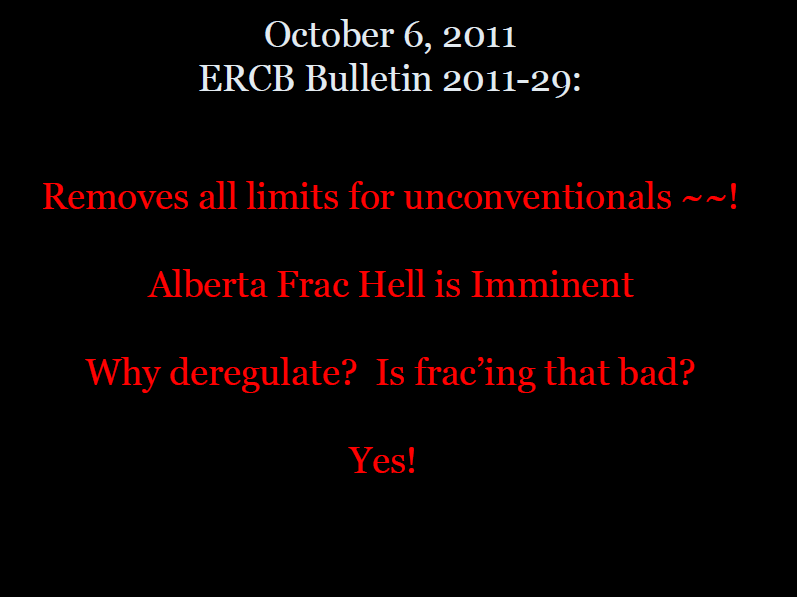Directive XXX (Draft)
Rules and Directives
DRAFT Directive XXX: Public Involvement
Released date: June 25, 2019
Released with Bulletin 2019-15.
Purpose of this Directive
This directive is part of a regulatory framework that seeks to ensure that members of the public are informed about proposed and existing energy resource developments and have the opportunity to provide input regarding those developments. This directive sets out requirements regarding engaging and informing members of the public throughout the life cycle of an energy resource development, from preapplication to closure.
The requirements of this directive supplement the notice requirements and statement of concern process set out in the Responsible Energy Development Act (REDA) and the Alberta Energy Regulator Rules of Practice.
Unless otherwise directed by the Alberta Energy Regulator (AER), and subject to the exceptions listed in this directive, this directive applies to all AER-regulated energy resource activities and any specified enactment activities in respect of energy resource activities, and all proponents, applicants, or approval holders of those activities.
The requirements in this directive are supplemented by a draft manual, which should be consulted as you review the directive.
Provide Feedback
We invite you to fill in the feedback form (DOCX) to record your comments on the draft directive and manual. Please send it to us by email to email hidden; JavaScript is required or by mail to the Alberta Energy Regulator, Strategic Delivery Branch, Suite 1000, 250 – 5 Street SW, Calgary, Alberta T2P 0R4. Feedback will be accepted until August 25, 2019.
Public Sharing of Information Disclaimer
The information (including data) contained herein was collected and is maintained by the Alberta Energy Regulator (AER). Use of this information and other information (collectively the “content”) is governed by the terms and conditions set out below (“Terms of Use”). Any access to or use of the content constitutes acceptance of the Terms of Use.
Copyright and Disclaimer
The AER has not verified and makes no representation or warranty as to the accuracy, completeness, or reliability of any information or data in this document or that it will be suitable for any particular purpose or use. The AER is not responsible for any inaccuracies, errors or omissions in the information or data and is not liable for any direct or indirect losses arising out of any use of this information. For additional information about the limitations and restrictions applicable to this document, please refer to the AER Copyright & Disclaimer webpage.
Terms of Use:
While efforts have been made to ensure that the content is complete, accurate and current, the AER and their agents and employees are not liable for any loss or damage arising directly or indirectly from the possession, access to, publication, use of, or reliance on, that information or data. This information (including data) is provided without expressed or implied warranty.
aer.ca / https://www.aer.ca/regulating-development/rules-and-directives/directives/directive-XXX-draft.htm
Bulletin 2019-15 by AER, June 25, 2019
We are seeking public feedback on a draftdirective setting out industry requirements for engaging and informing members of the public on energy resource developments throughout the life cycle of a project (Draft Directive XXX: Public Involvement).
When finalized, this directive will replace the existing participant involvement requirements identified in section 3 of Directive 056: Energy Development Applications and Schedules and section 4 of Draft Directive 023: Oil Sands Project Applications. The directive would be applicable to most activities regulated by the AER, except those regulated under Part 8 of the Mines and Minerals Act. The directive was developed by the AER following extensive discussions with Albertans and indigenous communities across the province.
The directive is accompanied by a manual that provides guidance, context, and examples that are relevant for understanding the directive. Refer to both documents for a comprehensive understanding of our expectations.
To provide written feedback on the draft directive, download the comment form available on the directive’s webpage and email the completed form to email hidden; JavaScript is required. To provide oral feedback, contact us for further information. Feedback will be accepted until August 25, 2019.
The draft directive and manual are available on our website, www.aer.ca. Printed copies can be purchased from AER Product Services, Suite 1000, 250 – 5 Street SW, Calgary, Alberta T2P 0R4. For further information, we can be reached by telephone at 403-297-8311 or 1-855-297-8311 (toll free; option 0), by fax at 403-297-7040, or by email to email hidden; JavaScript is required.
All feedback received will be reviewed and may be used in finalizing the directive. All of the comments provided through this consultation will form part of the public record, and, at the discretion of the AER, any comment received may also be attributed to the specific individuals providing it.
Personal information provided with comments will be collected, used, and disclosed in accordance with the Freedom of Information and Protection of Privacy Act. The AER may use the personal contact information you provide for follow-up communications related to your feedback.
https://www.aer.ca/documents/bulletins/Bulletin-2019-15.pdf
Refer also to:





In 2004 and 2005, Ernst chose “public involvement” and asked the AER valid and reasonable questions about frac impacts she was suffering. In response, the “regulator” judged Ernst a criminal without a trial or hearing and without any evidence. In 2017, Supreme Court of Canana Justice Rosalie Abella spontaneously changed these documented facts and ruled that AER had found her to be a vexatious litigant.
Ernst filed her lawsuit against AER in 2007. She was not a litigant until a few years after she chose “public involvement” with the regulator.
